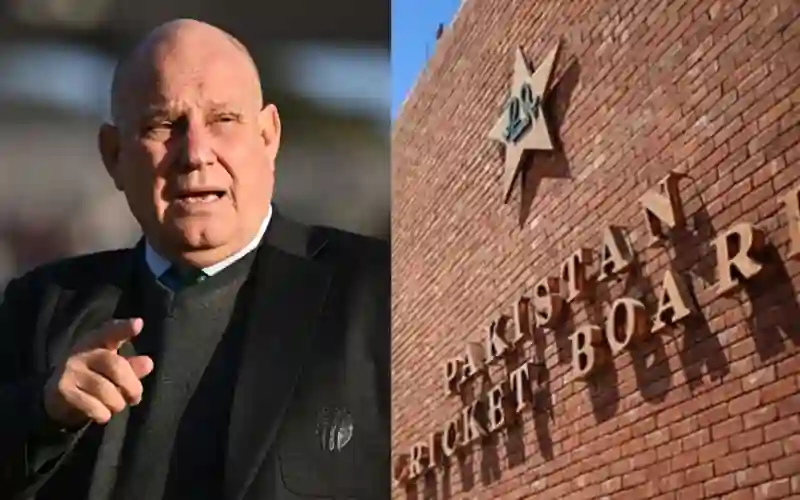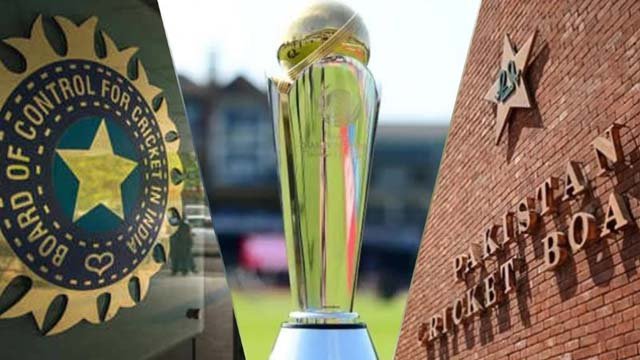The International Cricket Council (ICC) is most likely to reject the Pakistan Cricket Board’s (PCB) demand to remove match referee Andy Pycroft from the Asia Cup 2025 panel, according to Indian media reports.
The PCB had lodged a formal protest after India’s players declined to shake hands with Pakistan at the Dubai International Stadium, accusing Pycroft of mishandling the situation and undermining cricket’s spirit.
Media reports highlighted that ICC officials claimed Pycroft advised both captains to avoid handshakes following heightened political tensions and national grief in India after April’s Pahalgam terror attack.
However, sources quoted by media outlets said the ICC’s internal assessment found “no substantial wrongdoing” by the referee. Pycroft’s role in the incident was reportedly described as “minimal and non-intrusive.”
This outcome suggests the PCB’s request for disciplinary action or replacement will likely be dismissed, intensifying disagreements between Pakistan’s board and the international governing body.
The controversy stems from India’s seven-wicket win over Pakistan on September 14, where Indian players walked straight to their dressing room, avoiding customary greetings, in solidarity with victims of the Pahalgam attack.
Pakistan’s management described the snub as “unsporting” and withheld skipper Salman Ali Agha from the post-match ceremony in protest. The PCB later demanded accountability from Pycroft and wrote to the ICC.
Earlier to this, Board of Control for Cricket in India (BCCI) has defended its players’ decision not to shake hands with Pakistani players, stating that shaking hands after the game is just a goodwill gesture.
READ: India vs Pakistan Asia Cup controversy: Here’s everything you need to know
A senior BCCI official told Indian media that shaking hands after a match is traditionally a goodwill gesture, not a legal requirement or condition of ICC.
“Look, if you read the rule book, there is no specification about shaking hands with the opposition. It is a goodwill gesture and a sort of convention, not law, that is followed globally across the sporting spectrum,” a senior BCCI official told Indian media.
“If there is no law, then the Indian cricket team isn’t bound to shake hands with an opposition with whom there is a history of a strained relationship,” the official added.
The controversy followed India’s seven-wicket win over Pakistan in Dubai on Sunday. Indian cricketers walked directly to their dressing room instead of greeting opponents, sparking debate about sportsmanship amid national security sensitivities.
According to reports, India head coach Gautam Gambhir and senior players met with team management before the game. They agreed against handshakes during any point of the game, stressing solidarity with victims of the Pahalgam terror attack – which has nothing to do with Pakistan.
Officials said the tragedy, which India blamed on Pakistan, influenced the squad’s stance, framing the match as more than a sporting contest.









